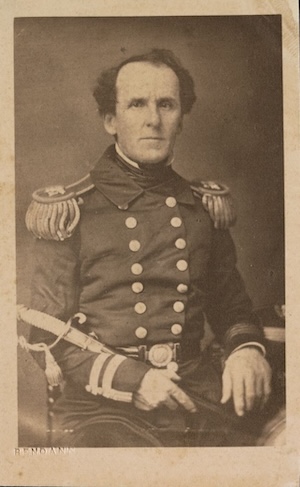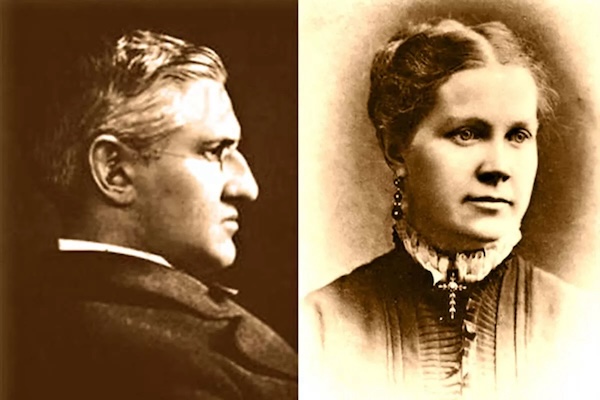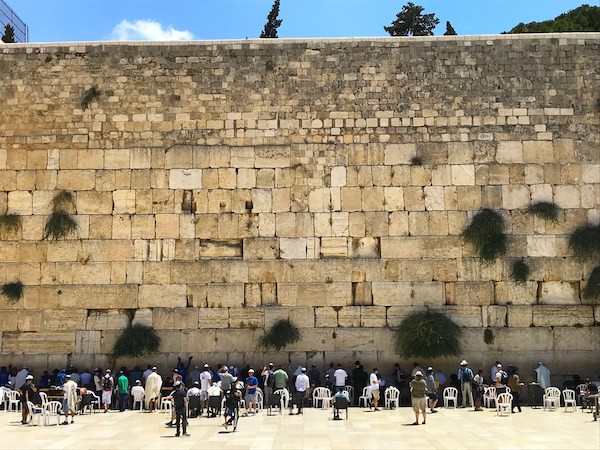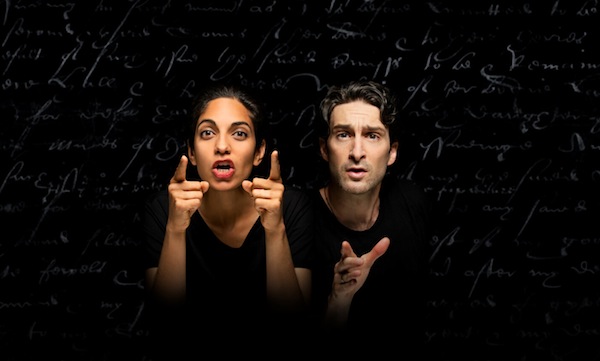A clip from the vintage TV show Golden Girls has been making the rounds recently, in which the adorable dolt Rose Nylund, played by Betty White, champions the idea of solving the Middle East conflict by moving the Palestinians to Greenland.
Fast forward to the 47th president of the United States, who last week stunned the world with a proposal that he take over the Gaza Strip and, apparently viewing the war-ravaged territory as a real estate opportunity, promised to turn it into the “Riviera of the Middle East.”
Trump said Israel would hand over the Gaza Strip to the United States, the two million Palestinians there would be relocated, and the US would then “level the site” before presumably constructing a sort of Levant Vegas. Some have begun referring to the enclave as the MAGA Strip.
Donald Trump is a grifter whose lengthy CV is filled mostly with hucksterism and bankruptcy. In so far as he has intellectual tricks up his sleeve, his modus operandi is to distract his patsies with one hand while snatching their valuables with the other and offering spoils to his sycophantic gaggle of oligarchs.
This is to take nothing away from his skill. He is, it seems, outstanding at grifting. For his audience, however, the current reboot of the Trump show has the potential for less reality TV circus fun than train wreck tragedy.
Having dabbled with daddy’s money in the suburban New York real estate market and a few adventures into higher stakes insolvency – even successfully bankrupting a casino, which seems a feat of special skill – he is now (again) gambling at the highest levels imaginable. Only this time, he is gambling with the lives of Palestinians and Israelis, and possibly with the safety and security of people (including Jews) around the world.
The line between maniac and genius often seems perilously trifling, something we are reminded of not only watching the president, but also his newest billionaire tech bro sidekick (or is that side-president?) Elon Musk. Both share the habit of making wildly impolitic remarks (or gestures) that leave observers arguing over whether they have witnessed a policy balloon, the start of Nazi-style fascism, or some sort of sophomoric trolling. Are they serious, we ask ourselves, or is this another bait-and-switch in which one of them pulls a rabbit out of the hat over here so you don’t see the other one pilfering through pockets over there? More likely, it is both.
In other words, is this bizarre Gazababble a serious proposition? And, if not, what is he trying to distract us from?
Among the eye-popping phenomena we’ve seen in the days since the president’s remarks during his visit with Israel’s Prime Minister Binyamin Netanyahu have been the reactions from media and other public figures. The guy is, after all, the president of the United States. Media have to report his ramblings as though they are serious ideas to be weighed against alternative options like, say, not annexing one of the world’s most troubled strips of land and evicting (aka ethnically cleansing) the millions of people who live there, causing upheaval in a region already in turmoil, alongside increasing global hostility and potential for danger for the world’s only Jewish state and the world’s Jews.
Global media have reported Saudi, Jordanian and Egyptian leaders declaring Trump’s idea out-of-bounds which, by their very seriousness in rejecting it, seems to grant it some in-bounds validity.
Democrats in the United States and other observers are still poking through the entrails of last November’s election to understand why Americans rejected Kamala Harris’s mantra about “not going back.” There may be a million reasons why Trump won but high among them is the determination by many voters that they didn’t like the status quo. Trump is a disrupter. Whether you like or dislike disruption is irrelevant – no one, regardless of political persuasion, can deny this fact.
If you subscribe to the definition of insanity as repetition while anticipating a different outcome, the world’s approach to the conflict seems kooky. What we’ve been doing hasn’t brought peace closer but has seemed to push it further away. Peace and coexistence have rarely seemed so remote.
But, while doing the same thing and expecting a different outcome may be the definition of insanity, inverting the equation to its exact opposite does not guarantee success. Disruptive ideas are not in and of themselves dangerous, but what are the disruptive ideas that would bring both Israelis and Palestinians peace, security and dignity?
Clearly, something needs to change and fresh ideas are needed. Those are the ideas we should be considering. It is, presumably, possible to redirect a wayward train onto a different siding without derailing it entirely. How much more true when the disruption impacts millions of people’s lives, destroys communities, and would be a moral stain.
To carry on the metaphor, we are only days into the (presumably) four-year journey on this Trump train. The only thing that seems predictable is that it is going to be a bumpy ride. We must consider what each of us will do to ensure the bumps are not catastrophic.






